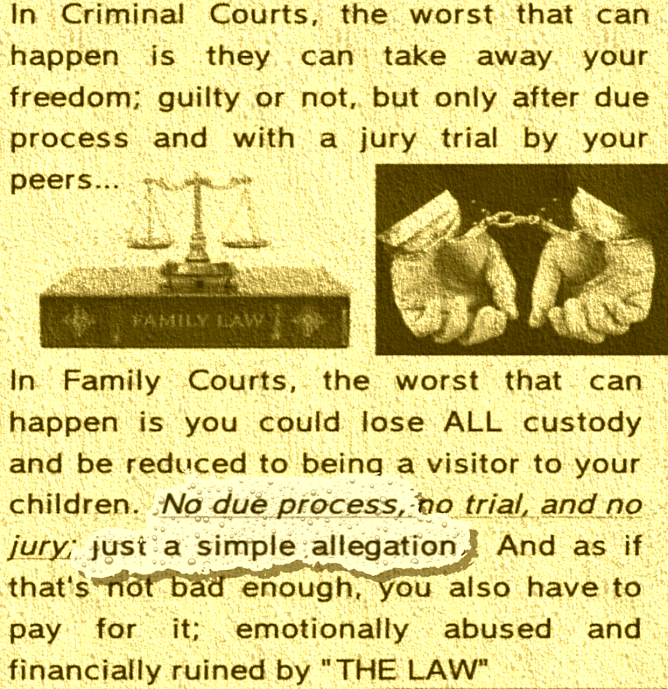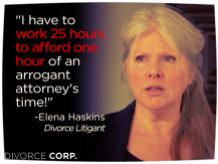Turner v. Rogers and its Importance in Indigent Defense
| Criminal Law & Psychology Blog
Posted on November 2, 2010
I wanted to take some time out of my schedule to discuss Turner v. Rogers while it’s still recent and I remember my thoughts on the matter. First, I will provide some basic background on the case. Then, I will discuss the basic legal and policy arguments of the case. Finally, I will turn attention to my predictions and the importance of this case for indigent advocacy in general.
I. HISTORY OF THE CASE
What is this Turner v. Rogers case I’m talking about? The answer, thankfully, is rather straightforward. This case involves two indigent parents involved in a dispute over child support. The mother, Ms. Rogers, brought a straightforward court claim against Mr. Turner for child support he owed to their daughter. So far, nothing out of the ordinary.
The noteworthy aspect of the case is that Mr. Turner is indigent, a formal term for a person who is poor; presumably below the poverty line. In terms of full disclosure, both Ms. Rogers and Mr. Turner were indigent parents.
The court in this case held Mr. Turner in contempt for failing to pay for his child support obligations. A proper defense to this failure is an inability to pay based upon lack of necessary income. If that’s the case, why did the judge hold Mr. Turner in contempt? There is both a broad and specific answer. The broad one is that the poverty defense is an affirmative one — one that a defendant must prove in order to avoid being held in contempt. The specific answer is that Mr. Turner lacked an attorney, who would have certainly asserted this defense.
In these situations, a person can typically be held in either civil or criminal contempt, the specifics of which vary by jurisdiction. This case occurred in South Carolina, where a person facing civil contempt may be incarcerated as a result. That’s what occurred with Mr. Turner, who was sentenced to serve jail time for being what most us know in lay terms as being “a deadbeat dad.”
Mr. Turner appealed his case all the way up to the South Carolina Supreme Court on the grounds that he was entitled to have an attorney appointed for him since he could not pay for one on his own. The South Carolina Supreme Court disagreed with his claim and, as a result, he petitioned the US Supreme Court to hear his case.
Continue reading →






















 The fact they fathered their child is not considered important when the mother decides, on her own, to give the infant child up for adoption in certain circumstances.
The fact they fathered their child is not considered important when the mother decides, on her own, to give the infant child up for adoption in certain circumstances.




 The tyrannical nature of Family Courts and their impact on fathers and children
The tyrannical nature of Family Courts and their impact on fathers and children










 Thanks to the work of Mike Buchanan it was a full house, wall to wall with amazing people.
Thanks to the work of Mike Buchanan it was a full house, wall to wall with amazing people.


 At
At